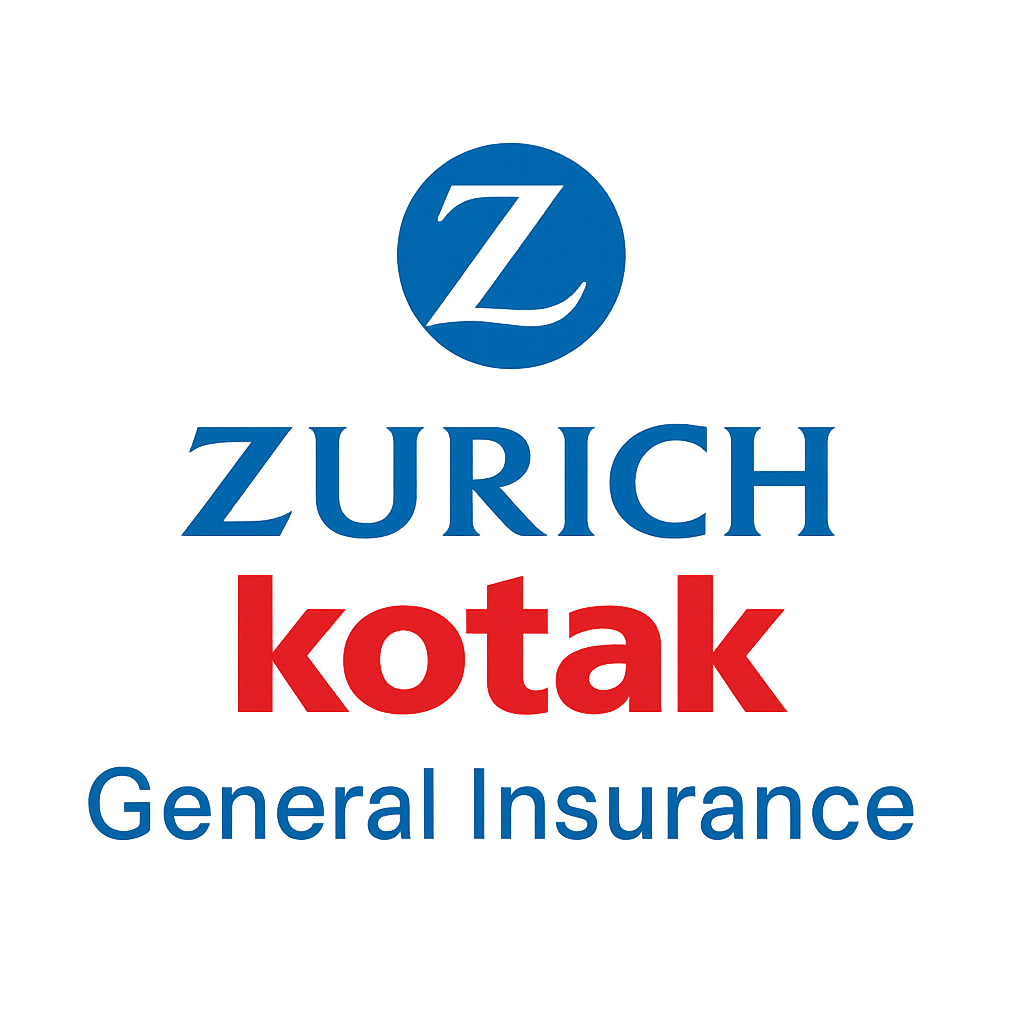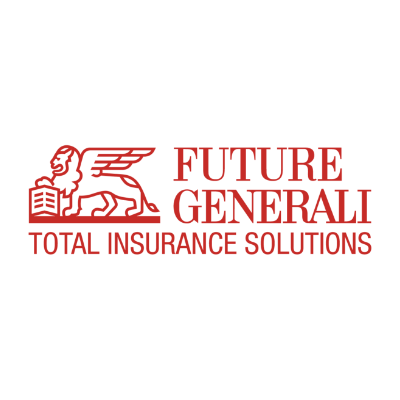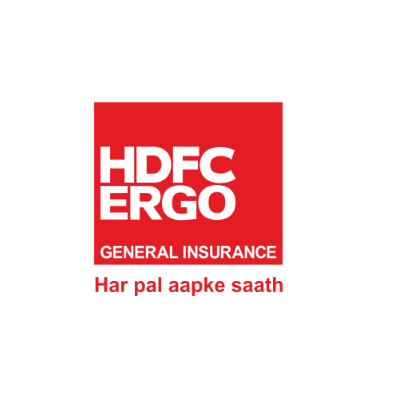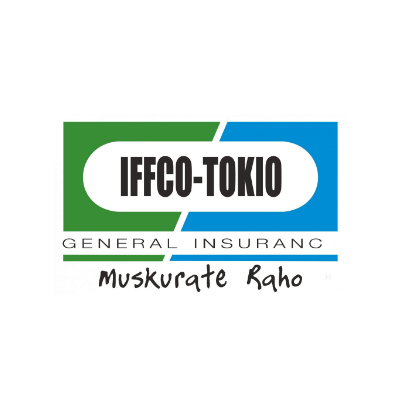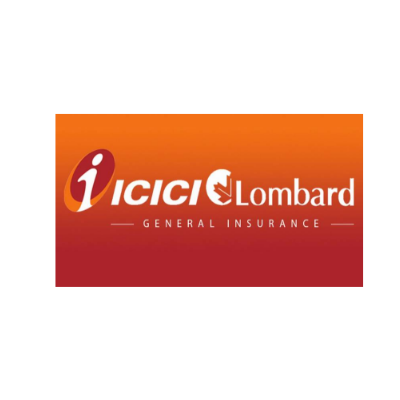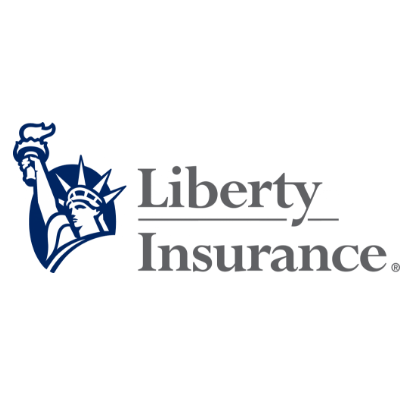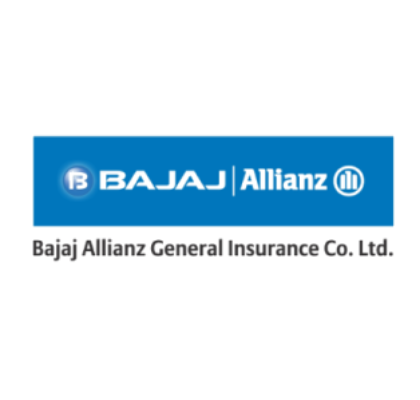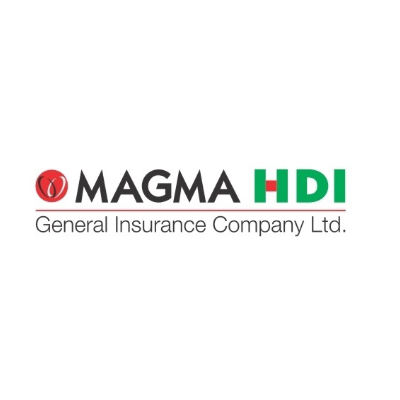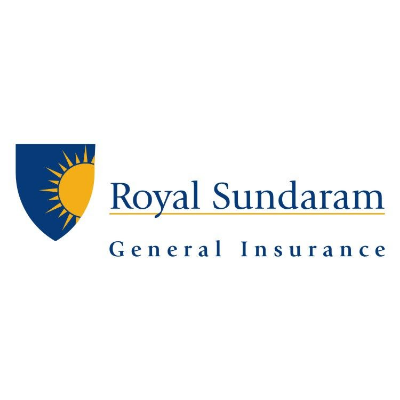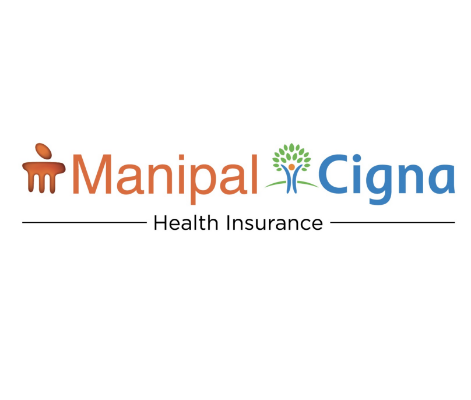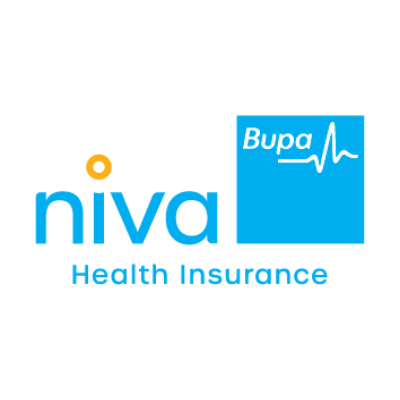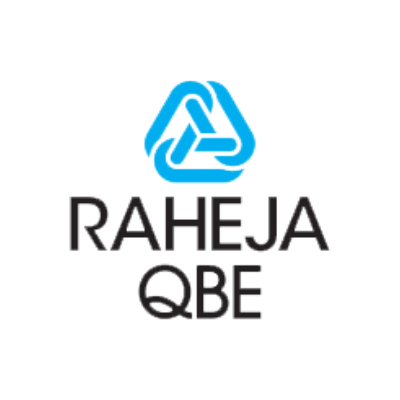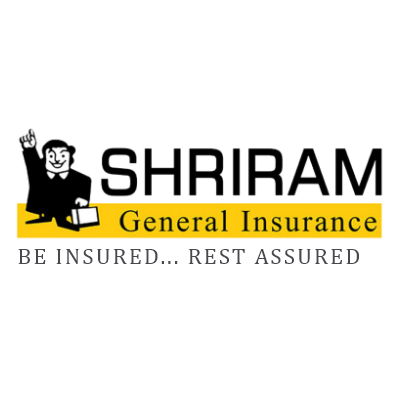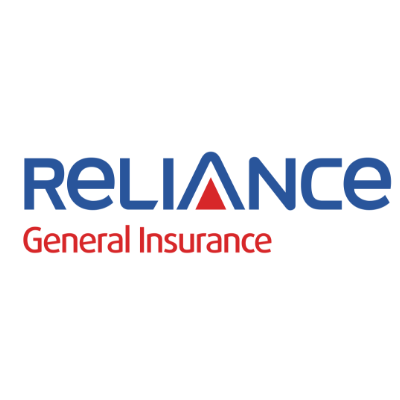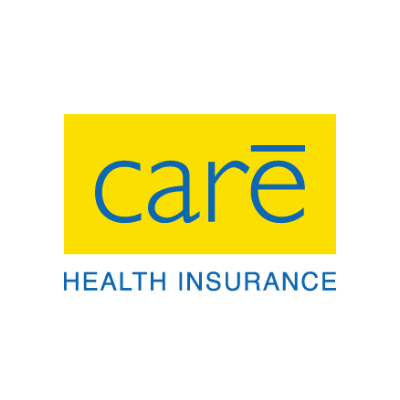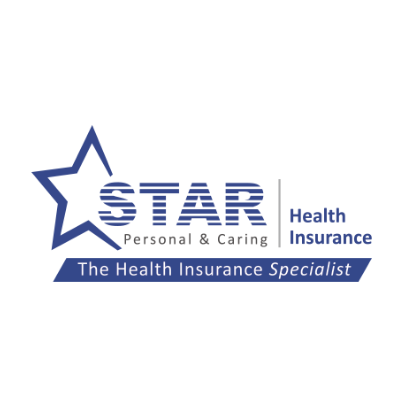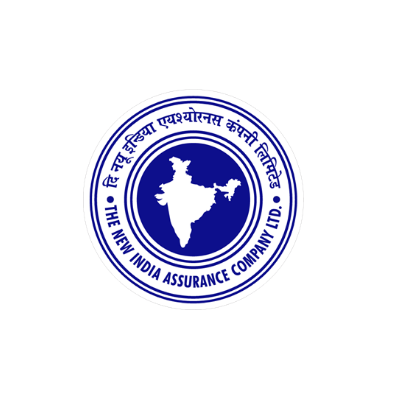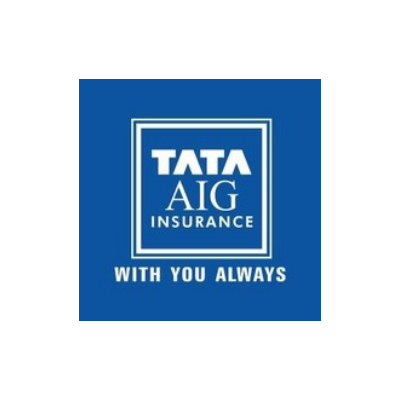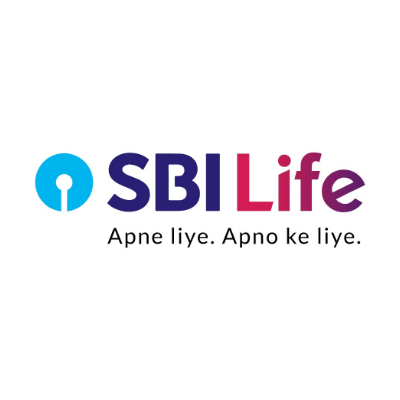ALL ABOUT INCOME TAX ACT SECTION 80D BENEFITS ON HEALTH INSURANCE
Without a doubt, health insurance is beneficial. There are many benefits to having health insurance, but the main one is the tax benefit.
It offers the much-needed peace of mind in addition to financial security during a medical emergency. After all, it's difficult for someone without health insurance to accumulate a sizable sum of money at once or sell off their possessions to raise money and pay for the necessary medical care during an emergency medical scenario.
Overall, it can be mentioned that the advantages that come with health insurance are relieving in every manner, which is why every person chooses a health insurance plan today that best meets their needs.
The advantages of purchasing health insurance are numerous. They provide tax advantages for health insurance as well as covering for medical bills. Healthcare plans are efficient tax-saving tools, just like life insurance policies. But like many others, you might be wondering which part health insurance falls under.
Being unaware of the specifics of this section may prevent you from fully utilising the tax break available for health insurance. According to Income Tax Act Section 80D Deduction, you are eligible for a sizable tax exemption based on the cost of your health insurance premiums. Continue reading to learn more about the tax advantages of health insurance and the deductions provided by Income Tax Act Section 80D.
|
Sr No |
Table of Content |
|
1 |
Tax Benefits under Section 80D of the Income Tax Act and Health Insurance |
|
2 |
How Can I Submit A Claim For The Income Tax Act's Advantages For My Medical Insurance Tax Benefit?
|
|
3 |
What paperwork/documents must be submitted in order to claim an income tax deduction?
|
|
4 |
Things to Keep in Mind When Purchasing Health Insurance to Qualify for Tax Deductions Under Section 80D-
|
|
5 |
Payment Methods- |
|
6 |
Eligibility For All Dependents To Receive Health Check-Up Deductions?
|
Tax Benefits under Section 80D of the Income Tax Act and Health Insurance-
Having health insurance can help you save money on taxes. Why? This is due to Section 80D of the Income Tax Act of 1961, which grants the insured person a sizable tax exemption on premium payments made for health insurance for the protection of themselves and their family members.
One may qualify for a tax deduction under Section 80D of the Income Tax Act if they have paid the premium for:
- Self-Supporting Spouse and Dependent Kids
- Parents (Need Not Be Dependent)
Various Deductions
- Payment made for family and personal health insurance.
- Parents' Health Insurance Premiums Were Paid.
- The Cost of Routine Health Checks
- Medical Costs for Extremely Elderly People
How Can I Submit A Claim For The Income Tax Act's Advantages For My Medical Insurance Tax Benefit?
Here are some things to keep in mind when applying for benefits:
- A copy of your insurance policy and a receipt for the premium payments made during the fiscal year are required.
- Both of these documents need to include your name.
- If you are applying for benefits on behalf of your spouse, kid, or parent, be sure the paperwork includes their names.
What paperwork/documents must be submitted in order to claim an income tax deduction?
With the following documentation, you can file a tax deduction claim.
- A duplicate of the premium receipt
- A copy of the family members' names and ages from their insurance policy document
Make sure you carefully study the tax exemptions in your policy now that you are familiar with Section 80D. A health insurance coverage is a great investment since, in addition to protecting your finances, you can also receive tax advantages. Consider this when selecting the finest medical insurance plan.
All top health insurances are all-inclusive healthcare plans include distinctive elements like online medical consultations, annual physicals, lab tests, and more. Discounts are also available at the hospitals included in the Aarogya Care network. Buy health insurance now to safeguard the future of your loved ones!
Things to Keep in Mind When Purchasing Health Insurance to Qualify for Tax Deductions Under Section 80D-
When acquiring health insurance, you should take the following factors into account in order to qualify for tax deductions under section 80D:
- The insurance provider's group health insurance premium is not eligible for a tax deduction.
- Premium payments made in the place of working children are not tax deductible.
- No tax savings can be obtained by deducting the cost of health insurance for a sister, brother, aunt, uncle, grandparent, or any other distant relative.
- Without deducting the service tax and applicable sales tax from the payment premium, the necessary deduction should be made.
- Both parties may claim a deduction depending on how much of the premium was paid by each of them if it was paid in part by you and in part by a parent (whether it be your mother or your father).
Payment Methods-
Other than cash, payments should be done in any other way. For the payment of one's premium, one may use a check or DD. Cash is accepted as payment for preventive health examinations.
Eligibility For All Dependents To Receive Health Check-Up Deductions?
The deduction is not accessible for each individual family member separately. However, keep in mind that health check-up deductions—including those for all family members who are dependent—can only be made up to a maximum of Rs. 5,000.
Key Takeaways-
For cash payments: In accordance with government regulations, Section 80D tax deductions for health insurance premiums are only available for payments made by check, demand draught, credit card, and online banking. You cannot use the deduction if you pay your insurance premiums in cash. In contrast, preventive check-ups can be paid for in cash to qualify for a deduction under Sector 80D.
You cannot claim a tax deduction for group health insurance policies, according to IRS rules. Section 80D only covers individual health insurance policies. Being insured is crucial to ensure both your welfare and the wellbeing of those you love. Make sure to buy one for every member of your family as soon as you can. In addition to tax savings, it also gives financial security in the event of medical problems.
FAQs
Q1. What does the Income Tax Act Section 80D mean?
Tax credits for medical insurance policies are covered by Section 80D. It enables people to claim tax deductions for the premiums they pay for medical insurance policies, covering both themselves and their close relatives.
Q2. How can you claim medical insurance premiums under the 8od Income Tax Act?
The 8OD Income Tax Act might assist you in claiming deductions if you are paying the premium for medical insurance. You are qualified to use this benefit regardless of the type of health insurance policy you have, including Mediclaim for elderly citizens, family floater, individual, or top-up health plans.
Q3. What is the Income Tax Act Section 80D Deduction for routine health checks?
You are entitled to a deduction of Rs. 5000 under section 80D for preventive medical exams. This deduction, however, falls within the total range of Rs. 25,000 and Rs. 50,000. One thing to keep in mind is that cash payments are also acceptable for the purpose of claiming the deduction.
Q4. Does the cost of your health insurance qualify for 80d tax benefit?
In addition to offering,your financial security in the event of a medical emergency, health insurance premium payments may also qualify for tax advantages. Under section 80D of the Income Tax Act of 1961, a health insurance policy's premium entitles the payer to tax advantages.








